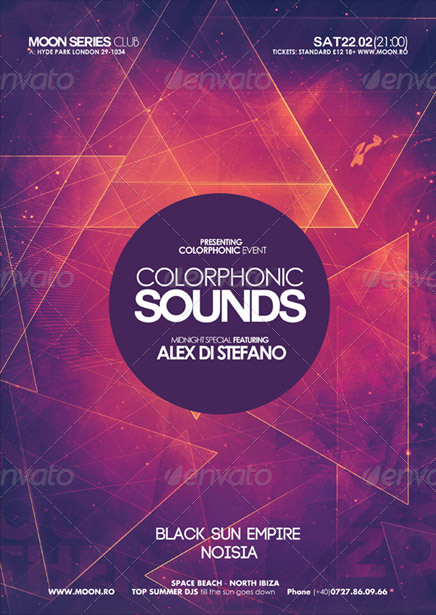EDITORIAL: IT IS A MATTER OF NATIONAL SECURITY
This editorial was written in October 2018. It is re-printed in commemoration of National Youth Week which was celebrated this year under the theme – “Economic Diversification and Food Security: Optimising Anguilla’s Green and Blue Economy.”
Often when we hear reference to issues of national security, our immediate thoughts are in relation to law and order. We give consideration to whether our border control and law enforcement agencies, for example Immigration, Customs and the Royal Anguilla Police Force, have the human and physical resources necessary to ensure that our island is safe. We reflect on the crime situation in our country and in the region, and we wonder whether our pride in being a peaceful, law-abiding people is real or false. We think about the system of justice — whether it is fair and efficient and metes out punishment that is suited to the infraction, and that will serve as a deterrent for future infractions. We may even think about our laws and whether our legislature has enacted laws to ensure that our people are safe, protected, and can live in a peaceful and harmonious society. There are many issues that we can consider when it comes to national security.
However, it appears that we seldom consider the issue of food security as a matter of national security. What exactly is food security? According the definition crafted at the World Food Summit in 1996:
“Food security exists when all people, at all times, have physical and economic access to sufficient, safe and nutritious food that meets their dietary needs and food preferences for an active and healthy life”.
One only has to reflect carefully on the words of this statement to recognise that food security in Anguilla is tenuous at best. Given our continued dependence on imported food items for our sustenance, it is clear that we still have some way to go to achieve an acceptable level of security. When we think about the days and weeks following Hurricane Irma, and realise that unless there was food coming from overseas, and many of us may have died of hunger, we would admit how vulnerable we are. Some would argue that even if we grew our own food, crops would be destroyed during a natural disaster and we would be no better off. Even if this was the case, the fact remains that self-reliance on our own sources of food was not even a viable option for us. Additionally, based on our current state of almost complete reliance, if our usual sources of food were themselves impacted by disaster to an extent that they could not export to us (even though we were not directly affected by the disaster), we would be in the same predicament. It is scary to think that we cannot feed ourselves.
I believe the time has come for us to make investment in agriculture and fisheries a priority. This is not just an issue of economic diversification as some would posit. It is a matter of national security; in this instance food security. We can begin by incentivising agricultural production – providing start-up capital, reduction of import duties on equipment etc., leasing arable land at reasonable rates, etc. We can also introduce our farmers to innovative methods of crop production which can tolerate low levels of rainfall, maximise yield and reduce production cost without having a deleterious effect on the environment and soil quality.
With regard to fisheries, there is a need for the development of cooperatives where resources can be pooled to allow for the purchase of bigger boats and better equipment which will allow fishermen to venture further afield. Incentives similar to those outlined above for the agriculture sector can be used as well. The introduction of new technologies to ensure safety on sea, and to assist in the preservation of catch, can go a long way in encouraging more persons to see this as a viable means of making a livelihood and in turn contribute to providing a reliable source of food for the population.
There is little debate that the food we import can be harmful to our health. We have little knowledge about or control over the processes the food goes through before it ends up on our plates. The research is rife with information regarding the dangerous effects of chemicals and other substances used in food production, preservation and containerisation. What better way to ensure the health of our people than to take responsibility for the production of our own food. It seems a wise investment to me.



















Comments
This post currently has no comments.